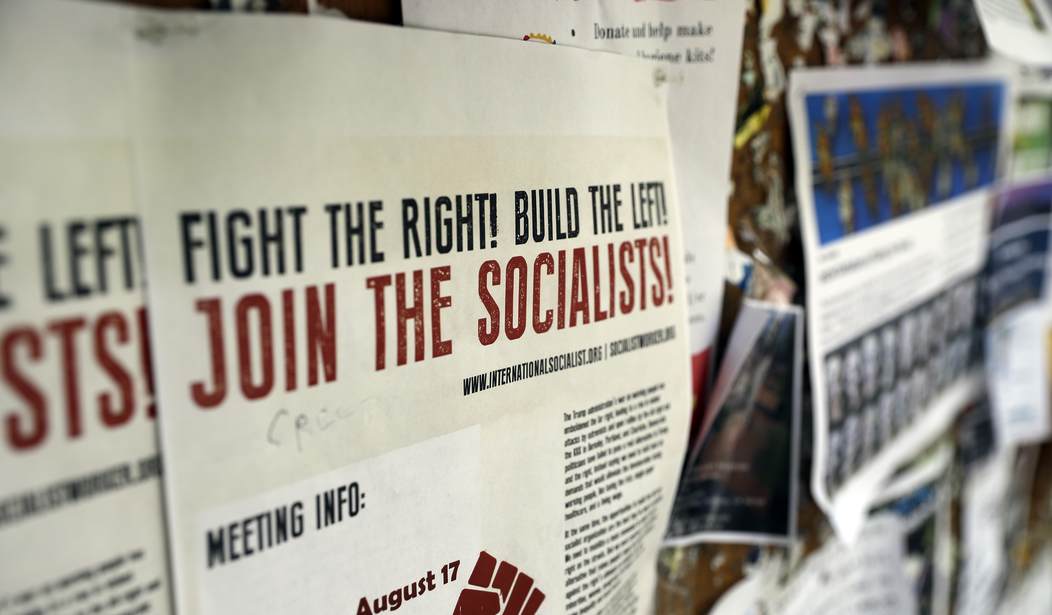Recently at UC Berkeley, in a moment that captured the nation's attention, a campus chapter of Turning Point USA hosted a speaking event that quickly descended into chaos. Windows shattered. Conservative-leaning attendees were robbed and assaulted, including one man whose Christian cross necklace was ripped off his neck before he was beaten, and another who was struck in the head with a glass bottle. The ostensible justification: the speaker's ideas were unsafe, so the event had to be shut down.
Now layer on the very real, very tragic context from just eight weeks ago: Charlie Kirk—co-founder of Turning Point USA—was assassinated on September 10 at Utah Valley University. And the irony cuts deeper: UC Berkeley is the same site where, in 2017, violent protests erupted in response to a Young America's Foundation event—another organization promoting traditional conservative values.
If we don't connect the dots, we'll miss the pattern:
- First: Speech becomes "dangerous." The narrative frames certain ideas as threats rather than contributions to conversation.
- Second: Violence becomes acceptable in the name of silencing those ideas. At Berkeley, the riot is immediate, public, and visible. At Utah Valley, the assassination is the ultimate endpoint.
- Third: A climate of intimidation is reinforced. If protesting becomes violent and assassination is possible, the effect is chilling. People retreat from speaking, from dissent, from debate.
Why This Matters From a Mental-Health and Free-Speech Perspective
As I discuss in my book, "Can I Say That? Why Free Speech Matters and How to Use It Fearlessly," equating words with violence warps our psychological architecture. When people convince themselves that an idea is physical harm, the brain's fear centers trigger fight-or-flight—not dialogue. What should be a conversation becomes conflict.
In therapy terms: discourse suppression becomes internalized as repression, denial, and groupthink. You stop asking questions, stop challenging orthodoxy, and stop listening. The university—once a marketplace of ideas—turns into a pressure chamber.
Recommended
When we label broad topics as "verboten," we may become more closed off to others: The growing habit of social exclusion that I discuss in "Can I Say That?" includes what I call "The 5 Ds": defriending, divorcing, declining invitations, disinviting, and dropping relationships over politics—mirrors this repression on an interpersonal level. As dialogue collapses, emotional isolation and resentment build. When speech is cut off, pent-up frustration can seek other outlets, and too often, that outlet becomes violence.
Any psychologist can tell you that the first thing we do with violent offenders or anger-management clients is typically to increase their capacity to use dialogue as a problem-solving strategy—but we don't need psychologists to tell us the simple concept that "using our words" helps reduce conflict: any parent of toddlers has taught this lesson a million times.
The Ideological Lens
Data backs up the connection between collapsing dialogue and increased violence—and political ideology maps onto it as well. Studies show that people who identify as liberal are statistically more likely than conservatives to engage in each of the Five Ds over political differences. This pattern of what I call "dialogue intolerance" may be linked to a broader normalization of violence toward ideological opponents. A Rutgers study found that more than half of respondents said it would be at least partially justified to destroy Tesla dealerships or even murder Elon Musk or Donald Trump. Meanwhile, a YouGov poll revealed that liberals are also more likely to find active violence against their political opponents acceptable. In addition to being jarringly comfortable with the murder of Musk or Trump, liberals were also four to six times more likely than conservatives to report that political violence was sometimes justifiable in order to achieve political goals (25 percent of "very liberal" and 17 percent of "liberal," compared to 6 percent of "conservative" and 3 percent of "very conservative" respondents).
This isn't just about left-wing versus right-wing. It's about culture. On campus, ideas associated with conservative viewpoints are increasingly treated as "violence in disguise" and thus subject to pre-emptive force. The Berkeley riot is a vivid illustration; Kirk's assassination is a horrifying marker that physical violence is now a plausible extension of that dynamic.
What Needs to Happen
First, communities must reclaim the principle that speech is not violence. Discomfort is not danger. Shutting down speech "to reduce hate speech and bullying" may actually be setting the table for more violence than if we encourage people to dialogue through disagreement.
Secondly, society as a whole needs to rebuild its capacity for emotional regulation and resilience—not retreat into ideological silos. Institutions must differentiate actual violence from expression, and treat the former with force while defending the latter with policy.
Many people's silence today reflects anxiety, guilt, perfectionism, or avoidance rather than true apathy. It's time to speak openly again, rather than letting fear dictate the conversation.
If you're reading this and thinking, "I don't want to pick a side"—good. You don't have to. What matters is that you pick freedom of speech over enforced silence. Start small: ask the question you fear. Share the idea you're told is "too dangerous."
What happened in Utah and Berkeley isn't just about conservative speakers—it's about the health of our culture, our universities, and our collective sanity.
Dr. Chloe Carmichael is a clinical psychologist, USA Today bestselling author of "Nervous Energy," and a visiting fellow at Independent Women. Her new book "Can I Say That? Why Free Speech Matters and How to Use It Fearlessly" (Skyhorse, Nov. 2025) explores the mental health benefits of open dialogue and the costs of self-censorship.
Editor’s Note: Do you enjoy Townhall’s conservative reporting that takes on the radical left and woke media? Support our work so that we can continue to bring you the truth.
Join Townhall VIP and use the promo code FIGHT to get 60% off your VIP membership!
























Join the conversation as a VIP Member